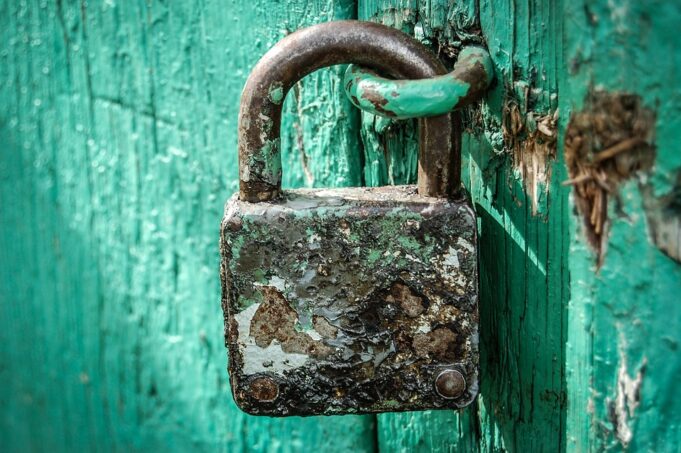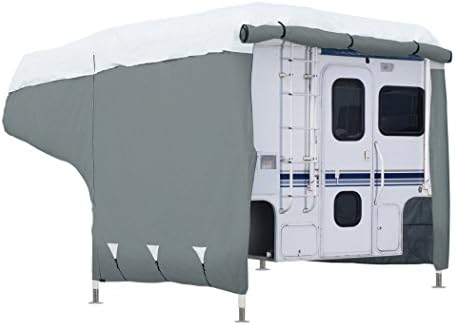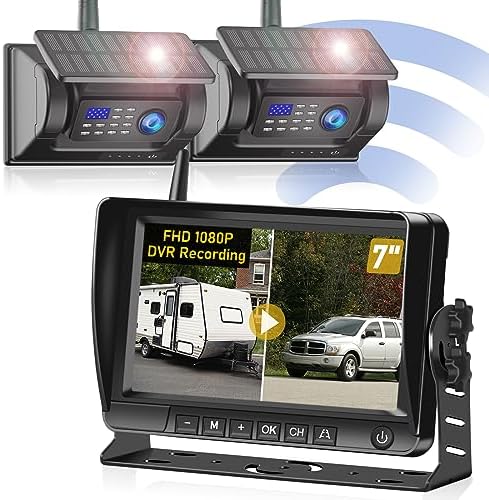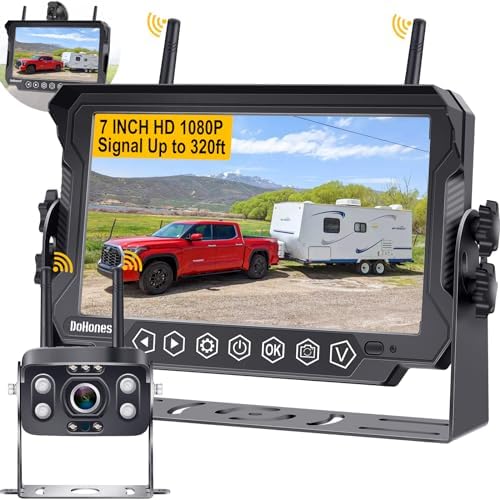Introduction
As an RV owner, you understand the importance of keeping your home on wheels safe and secure. Whether you’re traveling across the country or simply parking your RV in your driveway, it’s crucial to take steps to protect your investment from theft, vandalism, and other potential threats. A comprehensive security system is an essential component of RV ownership, providing peace of mind and protecting your property.
Assessing Your RV’s Security Needs
Before selecting a security system, it’s essential to assess your RV’s security needs. Consider the following factors:
* Where will you be parking your RV most often? If you’ll be parking in a busy city or high-crime area, you may need a more advanced security system.
* What type of valuables do you keep in your RV? If you have expensive electronics, jewelry, or other valuable items, you’ll want to prioritize their protection.
* Do you have any specific concerns, such as break-ins or vandalism?
By considering these factors, you can determine the level of security you need to keep your RV safe.
Types of RV Security Systems
There are several types of RV security systems available, each with its own unique features and benefits. Some common types of systems include:
* Basic alarm systems: These systems typically include sensors that detect motion, door and window openings, and other potential security breaches. They often include a siren and flashing lights to deter potential thieves.
* Advanced alarm systems: These systems may include additional features such as GPS tracking, motion detectors, and remote monitoring capabilities.
* Wireless security systems: These systems use wireless technology to connect sensors and devices, making them easy to install and maintain.
* Smart security systems: These systems integrate with your RV’s electronics and can be controlled remotely using a smartphone app.
Choosing the Right Security System for Your RV
When selecting a security system for your RV, consider the following factors:
* Compatibility: Ensure the system is compatible with your RV’s electrical system and any existing security features.
* Ease of installation: Choose a system that is easy to install and doesn’t require extensive technical expertise.
* Reliability: Select a system with a reputation for reliability and durability.
* Features: Consider the features you need, such as GPS tracking, motion detectors, and remote monitoring capabilities.
* Budget: Determine your budget and choose a system that fits within it.
Installing Your RV Security System
Once you’ve selected your security system, it’s time to install it. Follow these steps:
* Read the manufacturer’s instructions carefully and follow any specific installation guidelines.
* Identify the locations where you’ll install the sensors and devices, taking into account any obstacles or limitations.
* Connect the sensors and devices to the control panel and power source.
* Test the system to ensure it’s functioning properly.
Maintaining Your RV Security System
To ensure your security system continues to function properly, follow these maintenance tips:
* Regularly check the system’s batteries and replace them as needed.
* Test the system periodically to ensure it’s functioning properly.
* Keep the system’s sensors and devices clean and free of debris.
* Update the system’s software and firmware as needed.
Additional Tips for Keeping Your RV Safe
In addition to a security system, there are several other steps you can take to keep your RV safe:
* Always lock your RV’s doors and windows when you’re not inside.
* Keep valuables out of sight and secure.
* Park your RV in a well-lit, secure area.
* Consider investing in a dash cam or other surveillance equipment.
* Keep your RV’s registration and insurance information up to date.
Conclusion
Keeping your RV safe and secure is a top priority for any RV owner. By choosing the right security system and following the tips outlined in this article, you can protect your investment and enjoy peace of mind on the road. Remember to assess your RV’s security needs, consider the type of security system that’s right for you, and follow the manufacturer’s instructions for installation and maintenance.
FAQs
Q: What is the most important feature to look for in an RV security system?
A: The most important feature to look for in an RV security system is its ability to detect and alert you to potential security breaches. Look for a system with motion detectors, door and window sensors, and a siren and flashing lights.
Q: Can I install an RV security system myself?
A: Yes, many RV security systems are designed to be easy to install and don’t require extensive technical expertise. However, if you’re not comfortable with DIY projects, it’s recommended to hire a professional.
Q: How often should I test my RV security system?
A: It’s recommended to test your RV security system at least once a month to ensure it’s functioning properly. You should also test the system immediately after any changes or updates.
Q: Can I use a security system from my home on my RV?
A: While some security systems can be used on both homes and RVs, it’s important to ensure the system is specifically designed for RVs and meets the unique needs of your vehicle.
Q: Are RV security systems expensive?
A: RV security systems can vary in price, depending on the type and features of the system. Basic alarm systems can start at around $100, while more advanced systems with GPS tracking and remote monitoring capabilities can cost several hundred dollars.






![[2024 Newest] Carpuride w103 pro with Backup Camera for Carplay & Android Auto Portable Car Stereo, 10.3 inch 1080P Touch Screen, Dual Bluetooth Mirror Link/GPS/Siri,Dashboard Mounted [2024 Newest] Carpuride w103 pro with Backup Camera for Carplay & Android Auto Portable Car Stereo, 10.3 inch 1080P Touch Screen, Dual Bluetooth Mirror Link/GPS/Siri,Dashboard Mounted](https://truckandrvelectronics.com/wp-content/uploads/2024/08/4625-2024-newest-carpuride-w103-pro-with-backup-camera-for-carplay-android-auto-portable-car-stereo-10-3-inch-1080p-touch-screen-dual-bluetooth-mirror-link-gps-siridashboard-mounted-300x194.jpg)






